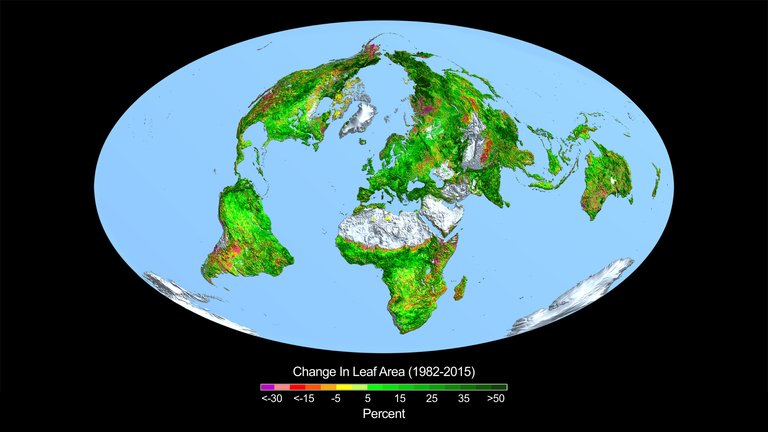At the ripe old age of 97, James Lovelock, father of the Gaia theory, is as sharp as ever and just as controversial:
"It was early 2008, and the distinguished British scientist was predicting imminent and irreversible global warming, which would soon make large parts of the planet uninhabitably hot or put them underwater. The fashionable hope that windfarms or recycling could prevent global famine and mass migration was, he assured me, a fantasy; it was too late for ethical consumption to save us. Before the end of this century, 80% of the world’s population would be wiped out." — https://www.theguardian.com/environment/2016/sep/30/james-lovelock-interview-by-end-of-century-robots-will-have-taken-over
Fast forward to 2016 — September 6, to be exact — and his views have changed considerably. For not only is he "not sure the whole thing isn’t crazy, this climate change," but he now believes that whole issue "is more or less academic."
Why?
“Because quite soon — before we’ve reached the end of this century, even — I think that what people call robots will have taken over.” And as for Earth's temperature, “They won’t give a fourpenny fuck about the temperature, because to them the change will be slow, and they can stand quite a big change without any fuss."
Believing that Lovelock is correct, let me add some perspective (as I recently did here: https://steemit.com/energy/@freeradical/you-want-100-solar-energy-it-s-coming-and-we-re-going).
I begin by quoting the late physicist Albert Bartlett: "The greatest shortcoming of the human race is our inability to understand the exponential function." For surely this is true, given how we go about our day-to-day affairs, paying little heed to how fast things are changing. Generally speaking, ours is what futurist Ray Kurzweil refers to as an "intuitive linear view" that dates back to our species' emergence some 200,000 years ago and has been ingrained in us ever since, never mind that said linearity has gone from horizontal to vertical in the span of a few hundred years:

Thus, to understand that we humans are doing nothing if not instilling an "intuitive exponential view" in robots — and that they will do the same — is to understand what Kurzweil means when he says that "we won’t experience 100 years of progress in the 21st century; it will be more like 20,000 years of progress (at today’s rate)." — http://www.kurzweilai.net/the-law-of-accelerating-returns
If so, then it is a given that robots will have raced away from us long before the century is out and that we will have been "left behind" to follow the Neanderthals — and, for that matter, 99.9 percent of all species that have ever lived — into extinction.
But with one huge difference.
For while the evolutionary forces that brought forth human intelligence were unconscious, those that bring forth superhuman intelligence will be, and if fact are, conscious. We are creating it as I type, after all, and as you read. As we sleep tonight and as we go about your business tomorrow.
And with that as our legacy, we humans — let's be kind to ourselves and call us Humanity 1.0 — will have "done our job" by seeding the universe with evermore intelligent versions of ourselves, that we might, in T. S. Eliot's famous words, "not cease from exploration, and the end of all our exploring will be to arrive where we started and know the place for the first time."
Meanwhile, let's chill out about the supposed climate catastrophe and rejoice instead — as Earth's plantlife no doubt is — in the glorious greening of the past few decades: https://www.nasa.gov/feature/goddard/2016/carbon-dioxide-fertilization-greening-earth

Congratulations @freeradical2! You received a personal award!
You can view your badges on your Steem Board and compare to others on the Steem Ranking
Do not miss the last post from @steemitboard:
Vote for @Steemitboard as a witness to get one more award and increased upvotes!